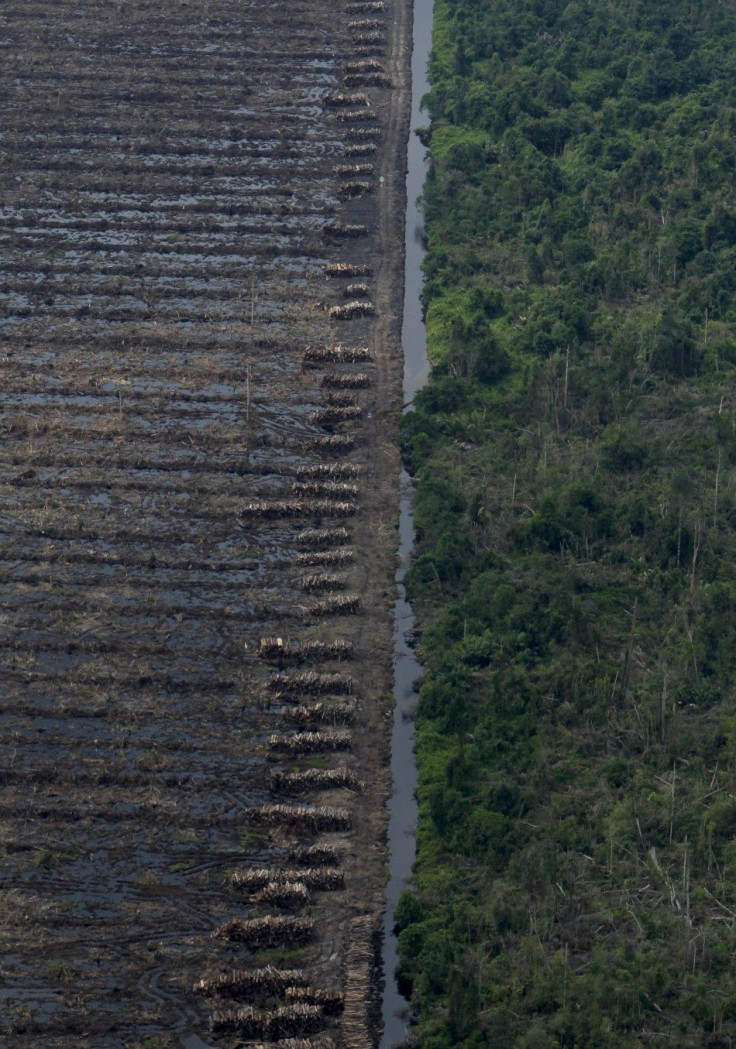Deforestation Linked to Cooling of Northern Regions, Results Show

Deforestation in the northern parts of the U.S. can cool down the Earth rather than contribute to global warming, according to a study published Wednesday.
Cutting trees north of 45 degrees latitude -- and leaving open spaces -- can increase sunlight reflection and thereby decrease heat absorption, according to researchers at Yale University's School of Forestry and Environmental Studies. The 45 degree point is halfway between the equator and the North Pole and roughly follows the Canadian/ American border which is nearly 49 degrees.
If you plant trees, you sequester carbon, which is a benefit to the climate system, lead investigator and Yale meteorology professor Xuhui Lee said in a statement. At the same time, if you plant trees you warm the landscape because trees are darker compared to other vegetation types. So they absorb solar radiation.
Global warming -- and efforts to combat it -- is a subject of heated debate, and deforestation is frequently listed as a culprit in triggering climate change.
The Council on Foreign Relations said in a 2009 report that deforestation contributes up to 30 percent of global greenhouse-gas emissions annually. Deforestation can also alter water balance and soil quality, according to a study published in October in the journal Ecological Applications.
Lee admitted that not everyone will be thrilled with the study's findings.
Some people may feel uncomfortable at the notion that deforestation in some places can actually benefit the climate, Lee wrote IB Times in an email.
He and his fellow researchers were surprised by the study's results.
We were surprised by the strong dependence of the deforestation effect on latitude, he wrote.
Researchers compared temperature data collected from weather stations in forests and grassy open lands from Florida to Manitoba, a province in Canada.
North of Minnesota, or 45 degrees latitude, researchers found the temperature of deforested land decreased by an average of 1.5 degrees Fahrenheit. The researchers linked deforestation to warming south of North Carolina at 35 degrees latitude.
Another way to look at the results is that the climate cooling benefits of planting forests is compounded as you move toward the tropics, David Hollinger, a USDA Forest Service scientist and study co-author, said in a statement.
Climate modelers, Lee wrote, may be surprised to discover that standard weather station data is not always a reliable tool in measuring daily temperature changes.
It should help guide forestation projects, Lee wrote of the current research. For example, our results suggest that planting trees south of 35 [degrees latitude] is beneficial to the climate but planting north of that may be counter-productive.
© Copyright IBTimes 2025. All rights reserved.





















